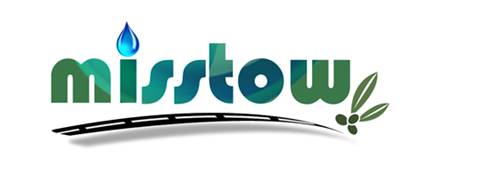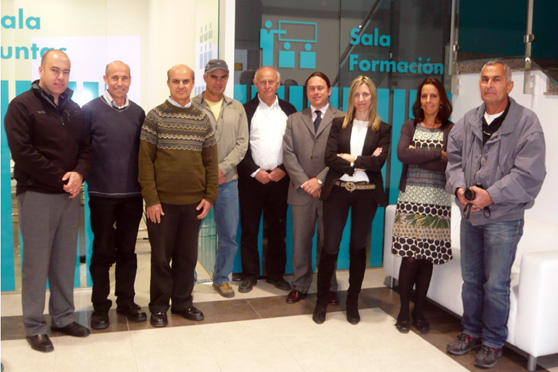Summary of the project
There is an urgent need to process specific agricultural effluents that are unsuitable for discharge into standard sewage treatment plants. Examples for such effluents are olive mill wastewater (OMW), swine wastewater (SW) and winery wastewater (WW) which have increased dramatically worldwide in recent years due to changes in public preferences for olive oil, delicatessens, meat products and wine consumption. The nature and complexity of these effluents constituents vary widely, therefore, environmentally safe, cost-effective solutions to these wastewaters must be found.
Many of the organic-rich wastewater generators in Europe such as olives groves and boutique wineries are grown by SMEs, many are family owned. These small producers are especially vulnerable when faced with environmental requirements of waste produced, which must meet regulations and sewage-works enforcements. In particular, olive mill wastewaters constitute a serious pollution problem, in Mediterranean countries, because of the recalcitrant character of the high organic content of the residues that cannot be disposed to common waste water treatment and may lead to serious environmental contamination.
The main goal of this proposal is to demonstrate that our Mobile Integrated Sustainable System for Treatment of Organic Wastewater (MISSTOW) (Figure 1) is well thought-through system with high marketability potential that will strongly benefit the European environment. The system consists of newly engineered materials for effective pre-treatment of a wide range of constituents, utilization of the pumice and other organic solids to compost or ideal substrate to exotic crops (e.g., mushrooms), on-line utilization of the up-flow anaerobic sludge blanket bioreactor (UASB), for transformation of highly recalcitrant organic materials into labile source of nutrients and energy and final reduction of N, P, COD & BOD to permissible levels for irrigation using portable constructed wetland (CW). The combination of the four components into one modular mobile system is a new and innovative solution to an old environmental problem. To achieve this end, we will develop pretreatment technology utilizing fast flocculation and coagulation processes of colloidal particles in the effluent which will separate the wastes into liquid and concentrated sludge fractions. The latter will be used to produce compost so no waste is being generated through the treatment process. We will optimize the use of UASB reactor for anaerobic co-digestion process of OMW/SW and WW/SW mixtures using suitable sludge compositions. Various portable CW configurations will be used to further reduce the organic loading, and nutrient concentrations of N and P. Furthermore, the project will include the development, validation and application of in situ sensor probes for the rapid online analysis of organic compounds, nitrate and phosphate in influent and effluent from the different modules for process monitoring. The aim of process monitoring is the development and application of inexpensive and easy to handle in situ and online measuring devices permitting the fast analysis of the influent and effluent waste waters for process control and maintenance. Finally, we will provide a detailed cost-effective analysis of the proposed integrated system and compare it with other alternative solutions. We would like to emphasize that the system is portable by design as one holistic and compact unit that can be easily transported by lorry to place of need and return after usage for storage and renewal. The number of portable units to be produced is based on the n size of the region and magnitude of the problems using one or two Lories for distribution and re-collection. The system is highly suitable to the conditions of intensive Mediterranean farming communities where framers are reluctant to use sophisticated and expensive solutions and are looking for cost-effective solution for the treatment of seasonal type wastes. Finally, we would like to emphasize that the system is based on modularity by design (i.e., certain degree of repetitiveness to ensure meeting environmental regulations) and ease of maintenance, thus it can be easily adjusted for other waste types and needs of small farming communities worldwide (e.g., India, South America, Africa and elsewhere).
Figure 1. Mobile Integrated Sustainable System for Treatment of Organic Wastewater (MISSTOW)

Participants of the MISSTOW project (in Spain)


